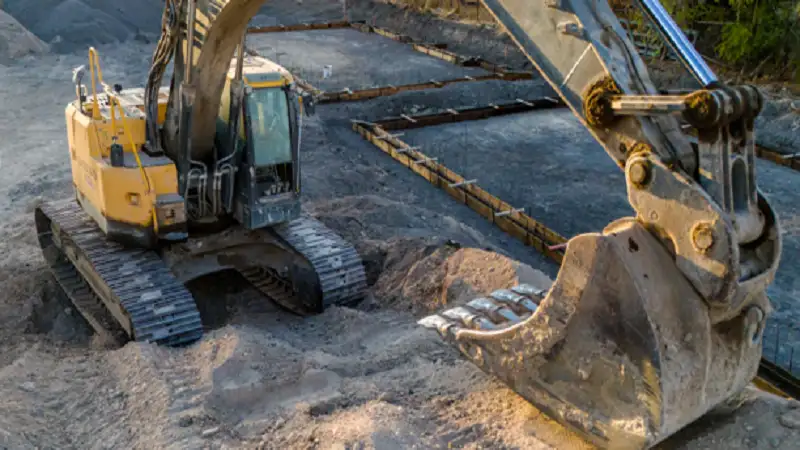Rock breakers are essential tools in excavation operations that can effectively demolish hard rocks and concrete. However, the question for construction managers and project developers is whether to purchase or lease a rock breaker. Each option has unique advantages based on the scale and type of the project. This guide leads you through the merits of each alternative and key factors to consider. This will enable you to make an informed choice.
Benefits of Owning a Rock Breaker
Owning a rock breaker can be a turning point for projects that require frequent excavation operations. Although the initial cost is higher, owning your own machine provides you with full control over its availability and utilisation.
For larger, more long-term projects or for construction firms that do a lot of excavation work, buying can result in considerable cost savings over the long term. Once equipment is acquired, there are no ongoing rental expenses, which can save a considerable amount of money on operating costs over the life of multiple projects. Equipment ownership also offers more schedule flexibility, without needing to negotiate the rentals and with having the breaker available when you actually need it.
In addition to that, acquiring a rock breaker has the plus of building up familiarity between your staff. The operators come familiar over time with the same unit and are more efficient. Its maintenance is in your hands too, which is a blessing if you have an in-house team that is equipped well to conduct equipment maintenance.
Benefits of Hiring a Rock Breaker
For construction managers with occasional or small projects, rock breaker hire is an economical and efficient solution. Rental agreements enable businesses to use good equipment for a fraction of what it would cost to purchase, keeping smaller projects within an economical price range.
The second main benefit is not being responsible for maintenance. Rental properties tend to maintain their equipment in prime condition and fix things, so the equipment turns up on your site in the best shape possible. This leaves you with time and money to spend on other areas of your project.
Renting also exposes you to specialised equipment with no long-term commitment to ownership. In speciality applications, or applications that have special needs, rentals offer you the option to select the most suitable model from a vast inventory. And if trained operators are required because they have to get the job done, rental companies often offer optional services to provide trained operators who will run the rock breaker safely and efficiently.
Factors to Consider
Before deciding on renting or buying, the specific requirements of your project must be taken into account.
The duration will usually be the determining factor. For extended projects or ongoing excavating requirements, buying will prove to be more economical. Yet for brief projects or sole contracts where long-term ownership will not generate a profit, renting is the most suitable option.
Budget is also a key consideration. While purchasing entails significant initial cost, renting provides a low-cost way of possessing quality equipment without a large capital investment.
Frequency of use should guide your decision. Heavy use calls for ownership, with occasional requirements calling for rental as the lower-cost option. Finally, don’t overlook storage and maintenance requirements. In the absence of space or facilities to store and maintain equipment, hiring is hassle-free logistically.
Making the Right Choice
Between buying and renting a rock breaker, it’s all about taking into consideration the length of your project, budget, as well as future requirements. For personalised advice, contact professionals who can guide you to the most economical solution for your excavation project.
